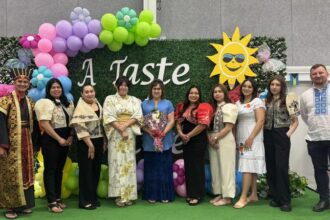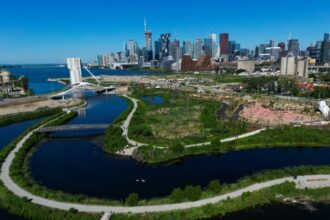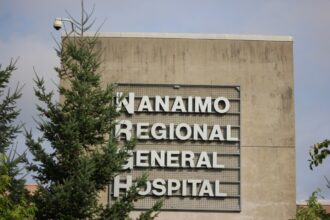In a watershed moment for Indigenous self-governance, members of the We Wai Kai First Nation on Vancouver Island have overwhelmingly approved a groundbreaking education law that transfers control of their children’s schooling from federal authorities to the community itself. The historic vote, which took place earlier this month, represents one of the most significant steps toward educational sovereignty for the Nation in recent memory.
The new legislation, formally known as the We Wai Kai Education Law, received support from 93 percent of voting members, signaling robust community backing for this pivotal shift in educational governance. This decisive endorsement allows the We Wai Kai Nation to design and implement curriculum that authentically reflects their cultural values, traditions, and priorities.
“This is about taking back control of our children’s future,” said Chief Ronnie Chickite in an exclusive interview with CO24. “For generations, decisions about how and what our children learn have been made in Ottawa boardrooms rather than in our communities. Today marks the beginning of a new chapter where we determine how best to prepare our young people for success while maintaining strong connections to their heritage.”
The education law comes after years of careful planning and community consultation. The legislation establishes a comprehensive framework for managing everything from curriculum development to teacher hiring and budget allocation. Most crucially, it integrates We Wai Kai cultural knowledge, language instruction, and traditional practices into daily educational experiences.
According to CO24 Canada News, the We Wai Kai Nation’s approach may serve as a template for other First Nations across British Columbia and Canada more broadly. Educational experts point to mounting evidence suggesting that culturally responsive education leads to improved academic outcomes, stronger community cohesion, and enhanced student well-being.
The initiative aligns with broader federal commitments to advance reconciliation with Indigenous peoples. Since 2015, Ottawa has emphasized support for First Nations communities seeking to exercise greater autonomy over essential services, including education, healthcare, and child welfare.
Financial implications of the new law are significant. The We Wai Kai Nation will now directly administer approximately $2.8 million in annual education funding previously managed by Indigenous Services Canada. This fiscal autonomy enables more responsive and locally tailored programming.
We Wai Kai councillor Ted Lewis emphasized the intergenerational impact of the change: “Today’s vote isn’t just about administrative control—it’s about healing. Our elders still carry the wounds of residential schools where language and culture were systematically stripped away. Now we can ensure our children learn in ways that honor rather than erase who they are.”
Implementation challenges remain, including infrastructure development and capacity building. The Nation plans to phase in changes gradually over the next three years, beginning with early childhood education programs this fall.
As similar initiatives gain momentum across CO24 World News, Indigenous education experts note that the We Wai Kai approach represents part of a global movement toward educational self-determination among Indigenous peoples. From New Zealand’s Māori immersion schools to community-controlled education in parts of Australia and Latin America, the trend reflects growing recognition of education’s role in cultural preservation and community empowerment.
As We Wai Kai children return to school this autumn under a governance structure designed by and for their community, a fundamental question emerges: Will Canada’s commitment to reconciliation translate into similar opportunities for the hundreds of First Nations still navigating educational systems largely designed without their input?







